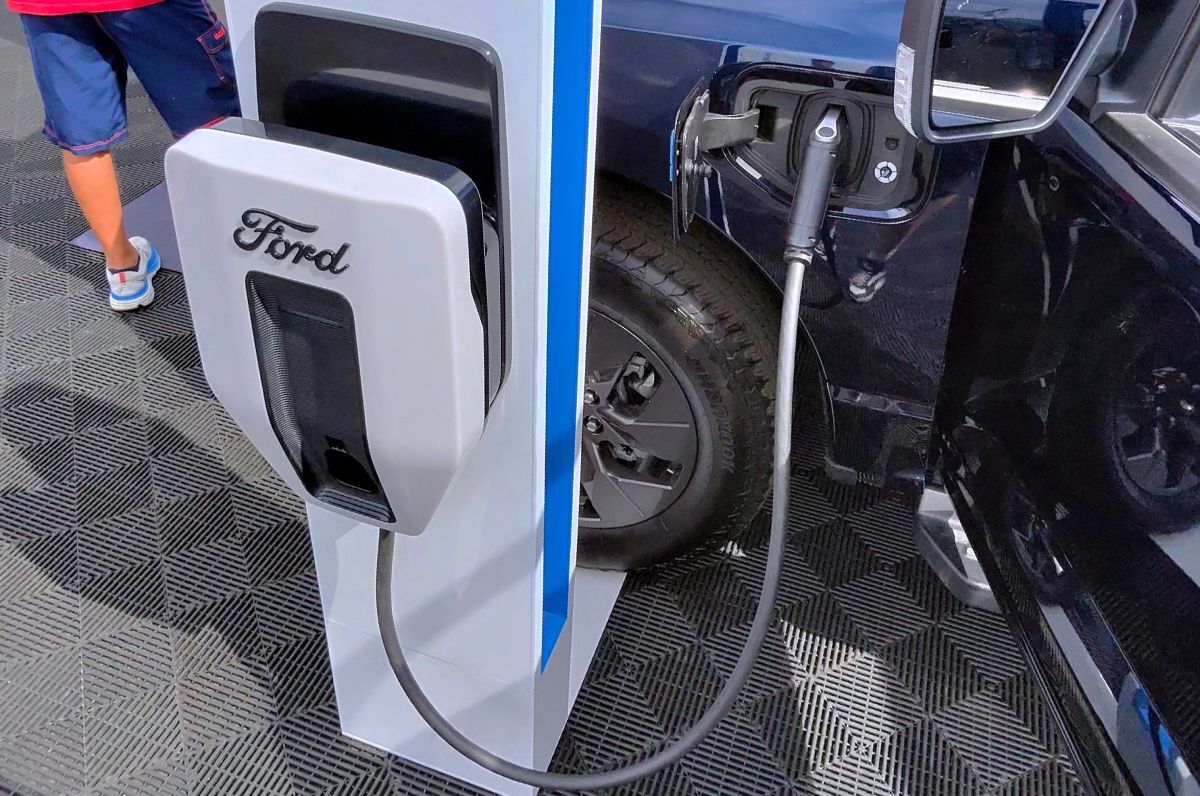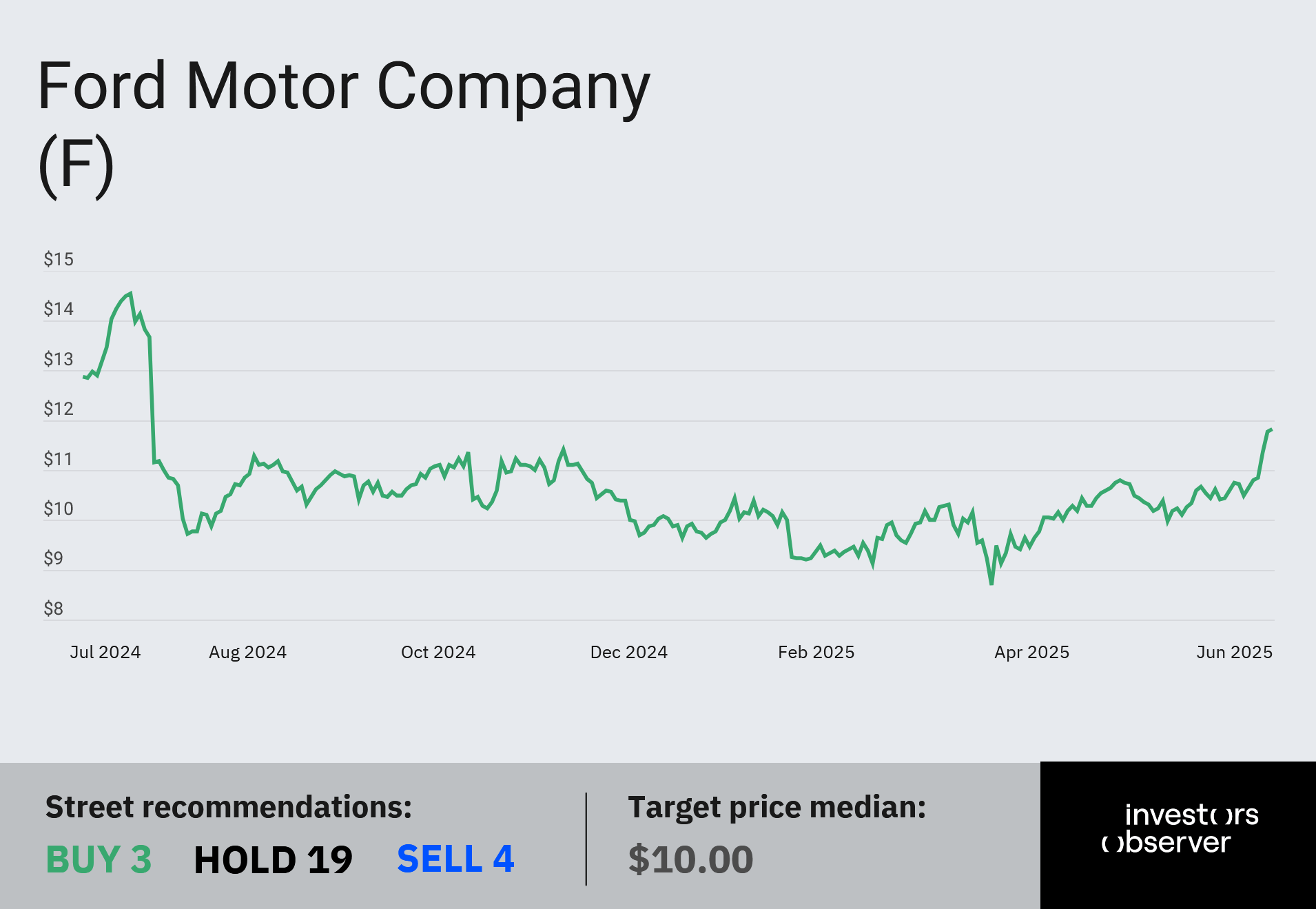
When the Ford Motor Company (F) said in 2021 that it would be ramping up its investment in the electric vehicle market to $30 billion by 2025, it was extremely bullish on how the EV segment would impact its revenue stream.
Ford projected that 40% of its global vehicle sales would be all-electric by 2030, including its battery powered Mustang Mach-e, which accounted for approximately 70% of new sales in 2021.
It had also just launched its electric F-150 Lightning, which immediately garnered about 70,000 customer reservations.
“This is our biggest opportunity for growth and value creation since Henry Ford started to scale the Model T, and we’re grabbing it with both hands,” Ford CEO Jim Farley said at the time.
But things have not gone according to plan.
By 2023 – two years after announcing that $30 billion investment – Ford had slipped to fourth in U.S. EV sales, losing over $100,000 on each electric vehicle sold.
And things appear to be getting worse.
Ford’s EV sales plummeted 31.4% in the second quarter, with sales hampered by the company ordering its dealers not to sell the Mustang Mach-e because of a safety flaw that might lock occupants in the car.
The automaker recalled 317,000 Mach-e vehicles globally, covering models made between 2021 and 2025.
Mustang Mach-e sales fell 19.5% in Q2 to 10,178 vehicles. Ford F-150 Lightning plug-in pickup deliveries plunged 26.1% to 5,842 trucks.
On top of these manufacturing problems, Ford is also facing political headwinds.
When the company announced that it was making a $30 billion investment in the EV market, it was done during the Biden Administration – and after President Joe Biden passed his signature climate bill that included tax credits aimed at growing the EV supply chain in the U.S. and supporting consumer demand for electric vehicles.
However, as part of President Trump’s “Big, Beautiful Bill,” Republicans in Congress have gotten rid of the $7,300 EV tax credit that had made buying electric cars more affordable for consumers.
The tax credit is scheduled to expire at the end of September.
While speaking to the author Walter Isaacson at the Aspen Ideas Festival in June, Farley sounded an alarm about America’s ability to compete against China, saying that the latter’s EV market is “the most humbling thing I have ever seen.”
Farley noted that 70% of all EVs in the world are made in China.
"Beyond that, their cost, their quality of their vehicles is far superior to what I see in the West," he said.
Farley added that if the U.S. loses its global competition with China, “we do not have a future Ford.”
Ford’s stock is up 19.3% YTD, but has fallen 8.2% over the past year.

Your email address will not be published. Required fields are markedmarked